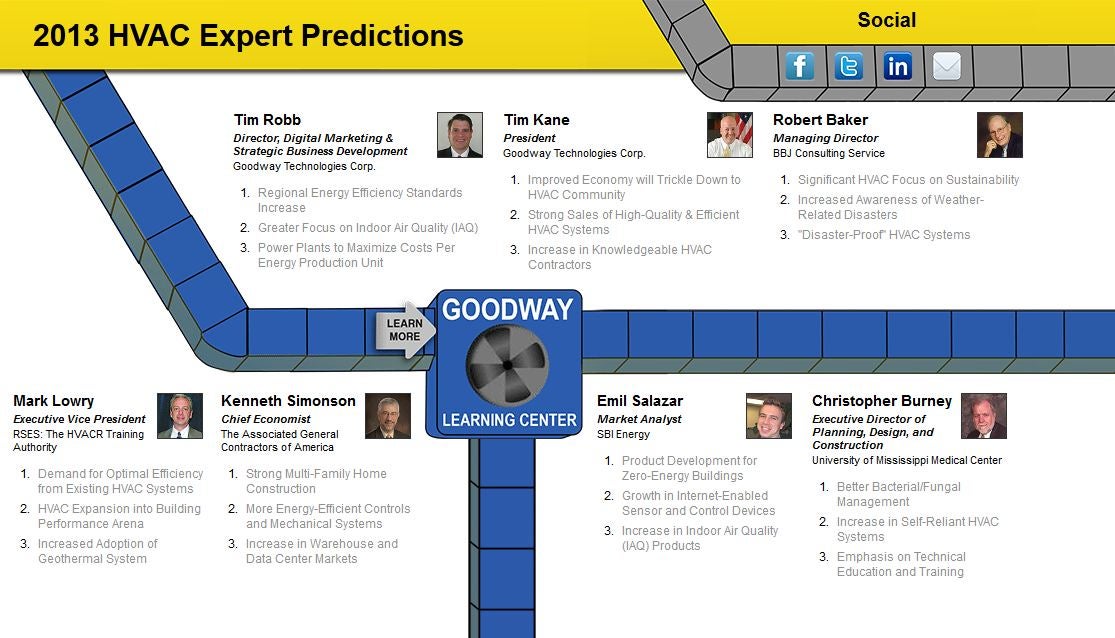The Future Of Home Heating - Exactly How Heatpump Innovation Is Evolving
The Future Of Home Heating - Exactly How Heatpump Innovation Is Evolving
Blog Article
https://963kklz.com/contests/take-our-precision-air-quiz-to-win-a-new-air-conditioner-unit/ By-Rosenthal Dominguez
Heatpump will be a vital technology for decarbonising home heating. In a circumstance regular with federal governments' revealed energy and climate dedications, their international capacity increases by 2030, while their share in home heating rises to one-quarter.
They work best in well-insulated homes and count on electricity, which can be supplied from a sustainable power grid. Technological developments are making them much more efficient, smarter and less expensive.
Gas Cells
Heatpump make use of a compressor, refrigerant, coils and fans to move the air and heat in homes and home appliances. They can be powered by solar power or electricity from the grid. They have been obtaining popularity because of their inexpensive, quiet procedure and the capacity to generate electricity during peak power need.
Some business, like IdaTech and BG MicroGen, are dealing with fuel cells for home heating. These microgenerators can change a gas boiler and generate a few of a residence's electrical needs with a connection to the electrical energy grid for the remainder.
However there are reasons to be doubtful of using hydrogen for home heating, Rosenow claims. It would certainly be expensive and ineffective contrasted to various other technologies, and it would certainly contribute to carbon exhausts.
Smart and Connected Technologies
Smart home technology allows property owners to connect and control their devices from another location with using smartphone applications. As an example, clever thermostats can discover your heating preferences and automatically get used to enhance power consumption. Smart lights systems can be controlled with voice commands and instantly turn off lights when you leave the space, reducing power waste. And smart plugs can keep an eye on and handle your electrical use, enabling you to determine and limit energy-hungry home appliances.
The tech-savvy family portrayed in Carina's interview is a good picture of how residents reconfigure room home heating methods in the light of new wise home technologies. They depend on the tools' computerized attributes to carry out day-to-day modifications and regard them as a practical means of conducting their home heating techniques. Thus, they see no factor to adjust their methods better in order to make it possible for versatility in their home energy need, and treatments focusing on doing so may face resistance from these households.
Electrical power
Given that heating homes accounts for 13% people discharges, a switch to cleaner choices might make a large distinction. However the modern technology encounters obstacles: It's costly and needs extensive home restorations. And it's not always compatible with renewable resource resources, such as solar and wind.
Until lately, electrical heat pumps were also pricey to take on gas models in a lot of markets. However new advancements in style and materials are making them a lot more economical. And far better cool environment performance is enabling them to work well even in subzero temperature levels.
The following step in decarbonising home heating might be the use of warmth networks, which draw warmth from a main source, such as a close-by river or sea inlet, and distribute it to a network of homes or buildings. That would minimize carbon exhausts and enable households to make use of renewable resource, such as eco-friendly power from a grid provided by renewables. This choice would certainly be much less pricey than switching to hydrogen, a nonrenewable fuel source that needs brand-new infrastructure and would only reduce carbon dioxide exhausts by 5 percent if coupled with improved home insulation.
Renewable resource
As electricity rates drop, we're starting to see the exact same trend in home heating that has actually driven electric cars and trucks right into the mainstream-- but at an also faster rate. The strong environment case for electrifying homes has been pushed even more by brand-new study.
Renewables represent a substantial share of contemporary warmth intake, but have been provided minimal plan focus around the world contrasted to other end-use industries-- and even much less attention than electricity has. Partially, this reflects a mix of customer inertia, divided motivations and, in several nations, aids for fossil fuels.
New innovations might make the change simpler. For instance, heatpump can be made more power effective by changing old R-22 cooling agents with new ones that do not have the high GWPs of their precursors. Some specialists additionally imagine area systems that draw warmth from a close-by river or sea inlet, like a Norwegian arm. The cozy water can then be utilized for cooling and heating in an area.